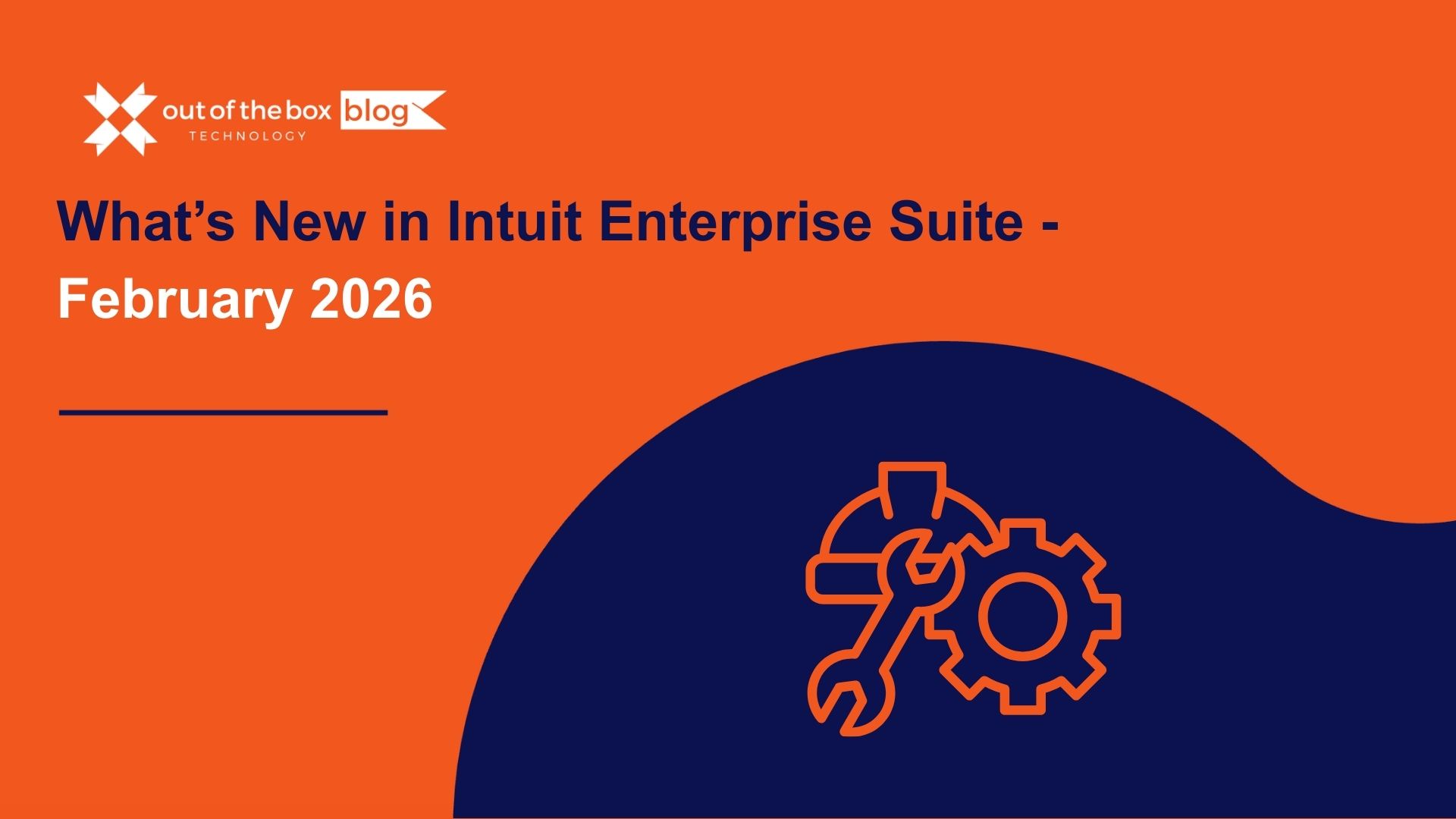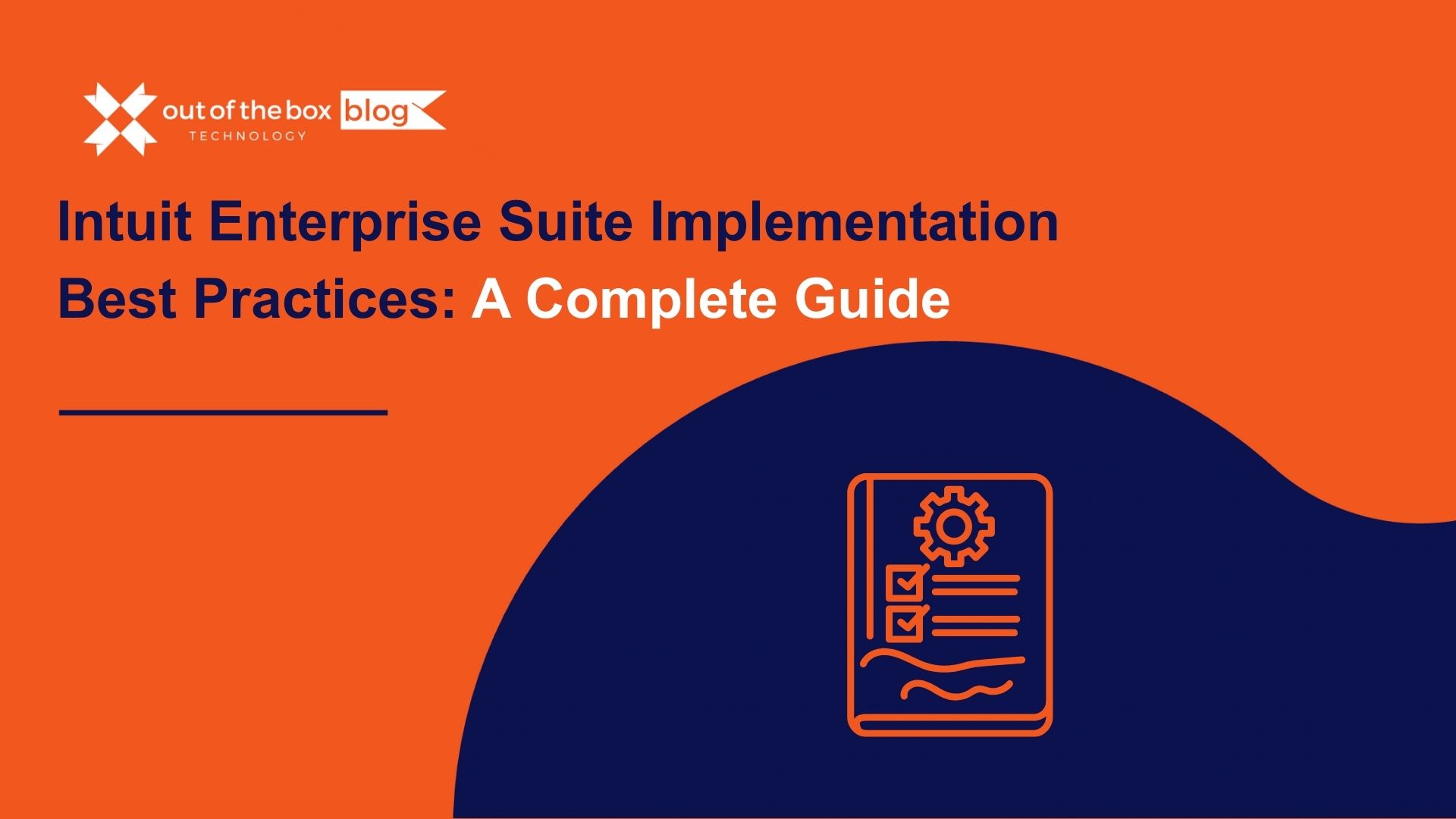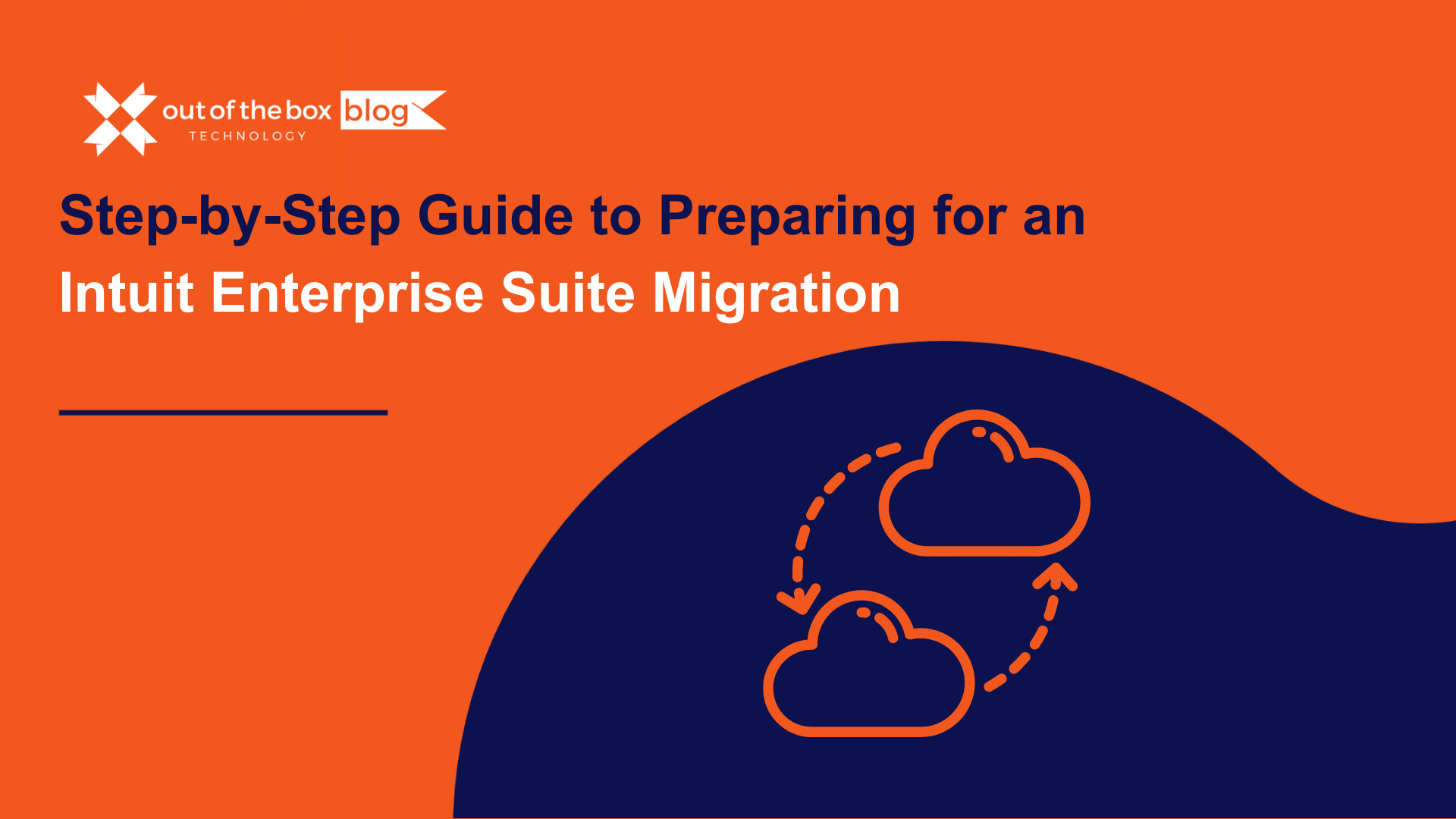Ecommerce businesses have transformed the way we shop, offering unparalleled convenience and accessibility. However, the dynamic nature of ecommerce presents unique challenges, especially in managing finances. Effective bookkeeping is crucial for maintaining financial health, ensuring compliance, and making informed business decisions. In this guide, we’ll explore essential tips and best practices to help you master ecommerce bookkeeping.
1. Understand the Unique Aspects of Ecommerce Bookkeeping
Ecommerce bookkeeping differs from traditional bookkeeping due to the online nature of the business. This includes handling multiple payment gateways, managing inventory in real-time, dealing with cross-border transactions, and understanding the tax implications of selling in various states or countries.
Example: A 2022 study by Statista revealed that the global ecommerce market is expected to reach $6.38 trillion by 2024, emphasizing the growing complexity of managing online businesses .
Best Practice: Familiarize yourself with the specific requirements of ecommerce bookkeeping. For instance, integrate your ecommerce platform (like Shopify, Amazon, or WooCommerce) with your accounting software to streamline transaction tracking.
2. Implement Robust Inventory Management Systems
Inventory management is a critical component of ecommerce bookkeeping. Accurate tracking of inventory levels ensures you can meet customer demand without overstocking, which can tie up capital and increase storage costs.
Data Point: According to the National Retail Federation, poor inventory management costs retailers $1.1 trillion globally in lost sales due to stockouts and overstocks .
Best Practice: Use inventory management software that integrates with your ecommerce platform and accounting software. Tools like TradeGecko or Unleashed offer real-time inventory updates and automatically adjust your financial records based on sales and stock levels.
Example: A small ecommerce store selling handmade jewelry used to manually track inventory in spreadsheets, leading to frequent stockouts and overstocking. After implementing an integrated inventory management system, the store saw a 25% increase in sales and a 15% reduction in inventory costs within six months.
3. Automate Sales Tax Calculation and Filing
Sales tax compliance is a significant challenge in ecommerce, especially with the complexity of selling across multiple states or countries, each with different tax rates and regulations.
Data Point: A report by Avalara indicated that 42% of small businesses struggle with sales tax compliance due to varying rates and regulations across jurisdictions .
Best Practice: Utilize automated sales tax software like Avalara or TaxJar, which integrates with your ecommerce platform to calculate the correct sales tax for each transaction and assist with filing returns.
Example: A mid-sized ecommerce company selling products across the U.S. faced challenges keeping up with the varying state tax rates. By integrating TaxJar, the company automated its sales tax calculations and filings, reducing errors and saving the finance team over 20 hours a month.
4. Regularly Reconcile Your Accounts
Reconciling your accounts involves comparing your bank statements with your financial records to ensure that every transaction is accounted for and accurately recorded. This practice helps identify discrepancies, such as unauthorized charges or bookkeeping errors.
Data Point: The Association of Certified Fraud Examiners (ACFE) found that 5% of revenue is lost annually to fraud, often due to poor reconciliation practices .
Best Practice: Reconcile your accounts at least monthly, if not more frequently, to catch discrepancies early. Many accounting software options, like QuickBooks Online or Xero, offer bank feed integrations that make reconciliation more straightforward by automatically matching transactions.
Example: An ecommerce business noticed a significant discrepancy in their accounts after implementing regular reconciliations. Upon investigation, they discovered several fraudulent charges on their business credit card, which were promptly disputed and resolved.
5. Track and Categorize Expenses Accurately
Accurate expense tracking is vital for understanding your business’s profitability and managing cash flow. Misclassification of expenses can lead to incorrect financial statements and tax filings, which could result in penalties.
Data Point: According to a survey by Clutch, 61% of small businesses reported challenges with tracking expenses, leading to potential inaccuracies in their financial records .
Best Practice: Use accounting software that allows for detailed expense tracking and categorization. Create categories that align with your business operations, such as marketing, shipping, inventory, and utilities.
Example: A growing ecommerce business struggled with categorizing expenses, often misclassifying marketing and advertising costs. After restructuring their chart of accounts and using accounting software like QuickBooks, they gained clearer insights into their spending, leading to better budgeting and a 10% reduction in unnecessary expenses.
6. Manage Cash Flow Effectively
Cash flow is the lifeblood of any business, and managing it effectively is crucial for sustaining operations. Ecommerce businesses often face cash flow challenges due to delayed payments from payment processors, high return rates, or seasonal fluctuations in sales.
Data Point: A U.S. Bank study found that 82% of small business failures are due to poor cash flow management .
Best Practice: Create a cash flow forecast to anticipate periods of high and low cash flow. Consider using a business credit line to bridge gaps during low-cash periods. Additionally, negotiate favorable terms with suppliers and offer early payment discounts to customers.
Example: An ecommerce business selling seasonal products experienced significant cash flow shortages during off-peak seasons. By implementing a cash flow forecast and securing a credit line, they were able to manage their finances more effectively and avoid cash shortages.
7. Stay Compliant with International Financial Regulations
If your ecommerce business sells internationally, staying compliant with international financial regulations is critical. This includes understanding VAT, import/export duties, and other financial obligations in each country where you operate.
Data Point: According to Deloitte, 35% of ecommerce businesses faced penalties or fines due to non-compliance with international regulations .
Best Practice: Consult with a tax advisor specializing in international ecommerce or use software like Avalara VAT to ensure compliance with international financial regulations.
Example: A European-based ecommerce company expanded into the U.S. market but faced challenges with understanding and complying with U.S. sales tax regulations. By working with a tax advisor, they navigated the complexities and successfully launched in the U.S. without incurring penalties.
8. Invest in Regular Financial Reviews and Audits
Regular financial reviews and audits help ensure that your bookkeeping is accurate and up-to-date. They also provide valuable insights into your business’s financial health and can identify areas for improvement.
Data Point: A study by PwC found that companies that conduct regular audits are 40% less likely to experience financial mismanagement .
Best Practice: Schedule quarterly financial reviews and consider annual audits, especially as your business grows. Work with a qualified accountant or bookkeeper to review your financial statements and identify any discrepancies or opportunities for improvement.
Example: An ecommerce business conducted quarterly financial reviews and discovered that their return rate was steadily increasing, impacting their profitability. By addressing the issue, they improved their return policy and customer satisfaction, leading to a 15% reduction in return rates.
9. Leverage Technology to Streamline Bookkeeping
Technology plays a pivotal role in modern ecommerce bookkeeping. From automating routine tasks to providing real-time financial insights, leveraging the right tools can significantly improve efficiency and accuracy.
Data Point: The American Institute of CPAs (AICPA) reported that businesses that adopt automation in their bookkeeping processes see an average 25% reduction in errors .
Best Practice: Invest in integrated accounting software like QuickBooks Online, Xero, or FreshBooks. Utilize tools like Hubdoc or Expensify to automate data entry and document management, reducing manual errors and saving time.
Example: A rapidly growing ecommerce store implemented Hubdoc to automate invoice and receipt data entry. This reduced their bookkeeping time by 50%, allowing them to focus on scaling their business.
10. Prepare for Growth with Scalable Bookkeeping Solutions
As your ecommerce business grows, your bookkeeping needs will become more complex. It’s essential to prepare for growth by investing in scalable bookkeeping solutions that can handle increased transaction volumes, multiple sales channels, and more complex financial reporting.
Data Point: A survey by Sage found that 67% of small businesses believe their bookkeeping software will need to scale within the next five years due to growth .
Best Practice: Choose bookkeeping software that can grow with your business. Consider cloud-based solutions that offer scalability, flexibility, and real-time financial insights. Regularly review your financial processes and adjust them as your business expands.
Example: An ecommerce startup initially managed its bookkeeping with basic software but quickly outgrew its capabilities as sales increased. By transitioning to a more robust, cloud-based solution, the company was able to manage its growing financial complexity efficiently.
Conclusion
Mastering ecommerce bookkeeping is essential for maintaining the financial health of your business. By understanding the unique challenges of ecommerce, implementing best practices, and leveraging technology, you can ensure accurate financial management and position your business for long-term success. Remember, consistent attention to your bookkeeping processes will not only help you avoid costly mistakes but also provide valuable insights that can drive your business forward.
Meet with a QuickBooks service expert today!
Schedule a complimentary QuickBooks service consultation to find out the recurring accounting services to help your business run at its best.




